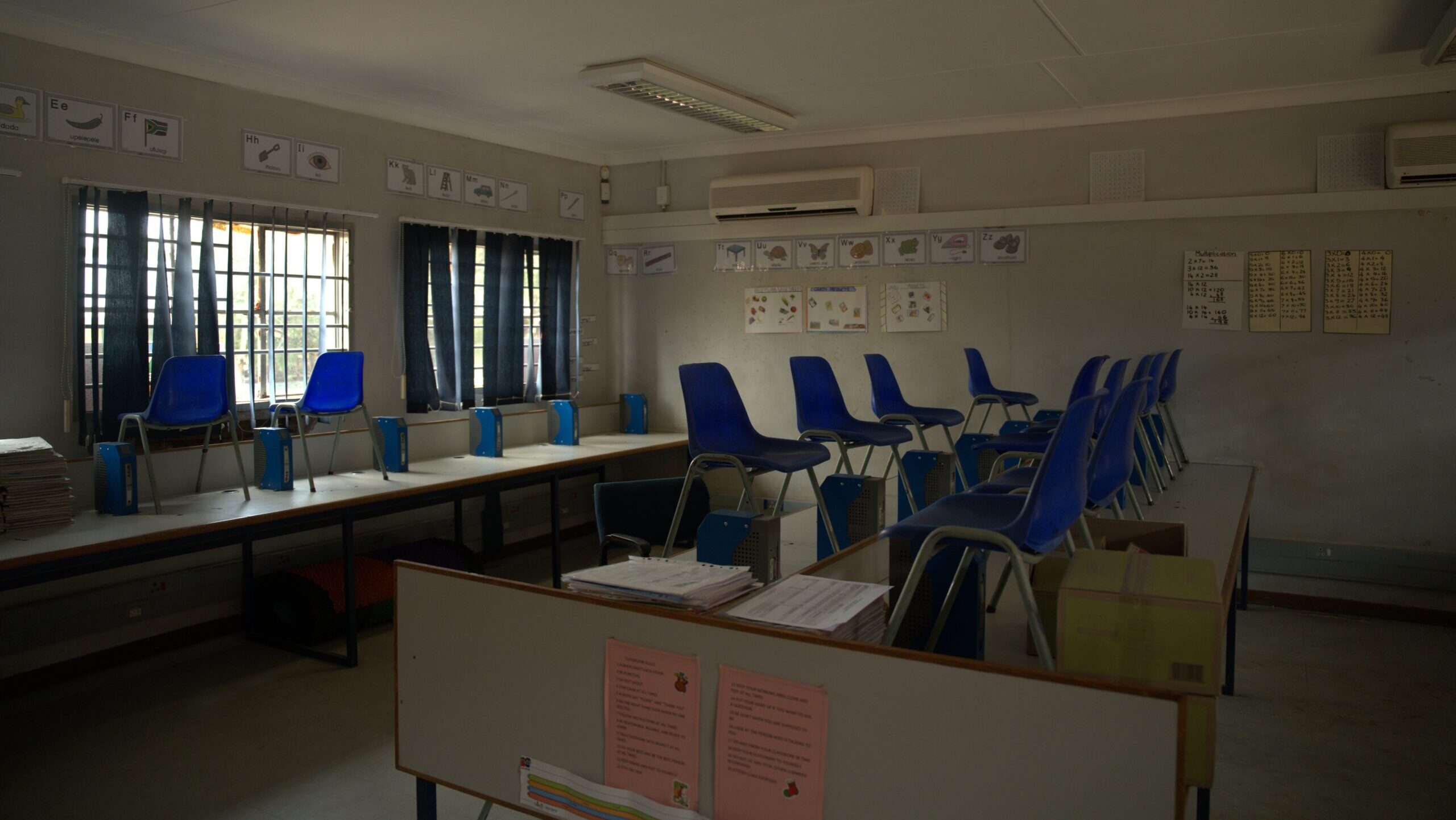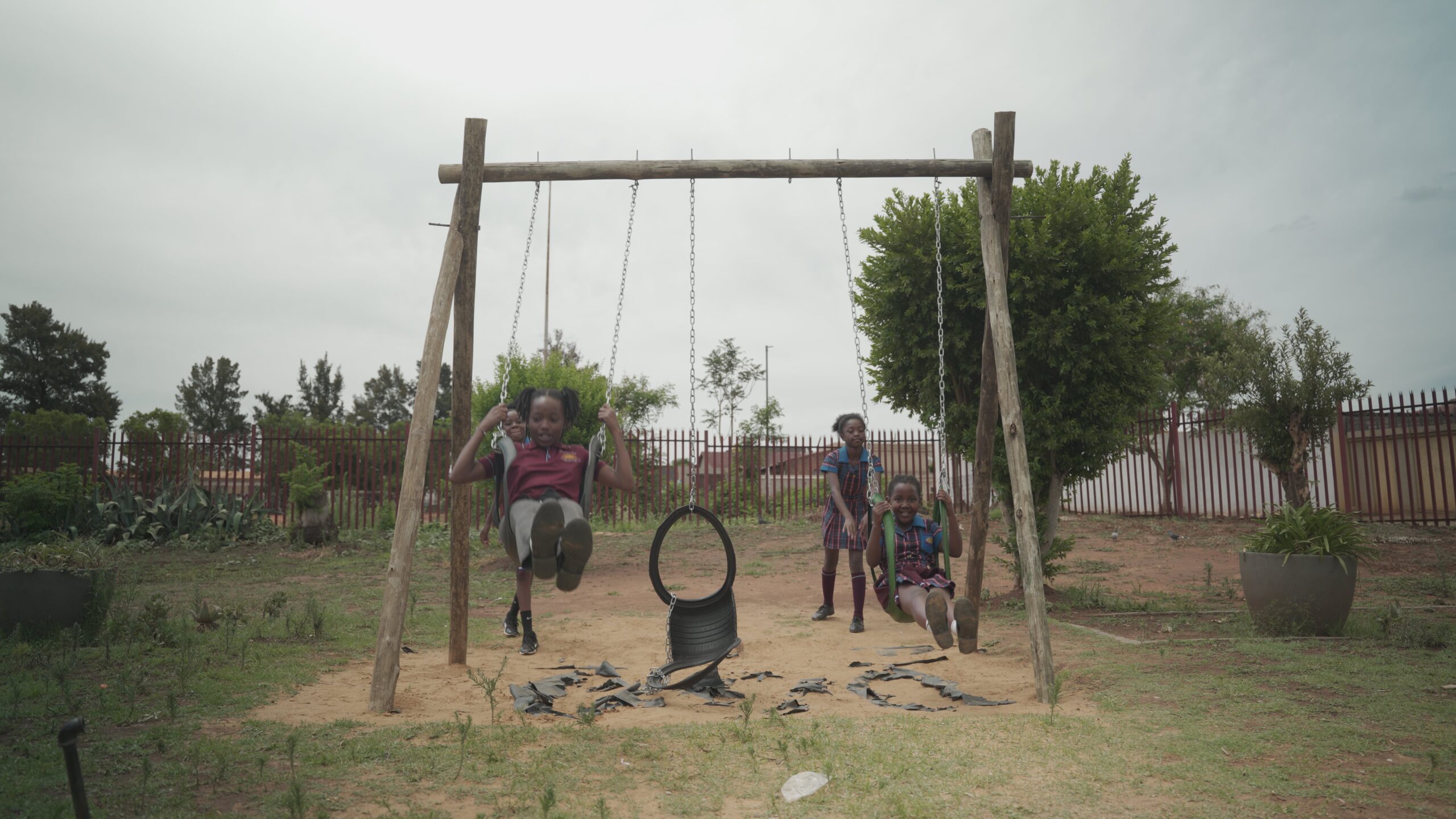Change the lexicon, destroy the stigma
As all women will understand, periods have a direct effect on emotions. Hormonal changes occur throughout the menstrual cycle and affect the brain’s mood-regulating centres, often leading to heightened emotions, irritability, sadness, and anxiety. These changes are particularly prevalent during the premenstrual and luteal phases, when estrogen and progesterone levels drop.
Now place yourself directly in the shoes of a 12-year-old girl living in South Africa. Every month, being taken hostage by emotions that many refuse to understand. The loneliness in dealing with them. The lack of empathy towards them. And the inability to articulate how you feel because you (often rightly) believe no one cares. Even your own family show little to no compassion, making you feel lost, helpless, and vulnerable.
The root of the problem? Social stigma. The driver behind that stigma? Unnecessarily hurtful and thoughtless words and attitudes that are powerfully detrimental to the emotional development and well-being of a young woman.
South African society needs to reframe the ‘problem’
You know that everything written in the first paragraph of this article is a fact that will never change. You also know that everything in the second paragraph is a fact that absolutely can and must be changed. So where do we start if we want to make that shift?
Education is obviously a key factor. Many of the schools we work with tackle the issue head-on, and at Siyakunakekela we do our best to seize every opportunity to mentor and enlighten young men about their duty to empathise with their sisters’ plight. Much of South African society has chosen to frame this natural biological event as a problem – a negative perception that’s been propagated across generations.
Changing language isn’t an exercise in Stalinism – no one should ever be told what they must think; but we can extol the societal benefits of a change in thinking. We can show how to reframe an issue and view it in a more reasonable, reality-based context.
How we can reframe perceptions and language
Negative phrase: “She’s moody because it’s that time of the month.” Reframe: “She’s going through a natural cycle — let’s give her support and patience.”
Negative phrase: “Periods are dirty.”
Reframe: “Periods are a sign of health and strength — they show the body is working exactly as it should.”
Negative phrase: “She can’t do sport today, she’s weak.”
Reframe: “She’s managing her period while still showing up — that takes resilience.”
Negative phrase: “It’s women’s business, men don’t need to know about it.”
Reframe: “It’s a human reality, and understanding it makes us better brothers, fathers, and friends.”
Negative phrase: “Talking about periods is embarrassing.”
Reframe: “Talking about periods is normal — it helps remove shame and makes life easier for everyone.”
Negative phrase: “Pads and tampons are luxuries.”
Reframe: “Pads and tampons are essentials — just like soap, water, and food.”
Negative phrase: “She’s overreacting, it’s only a period.”
Reframe: “Her pain and feelings are real — acknowledging them shows respect.”
Please help us to make the changes needed to end period poverty.





